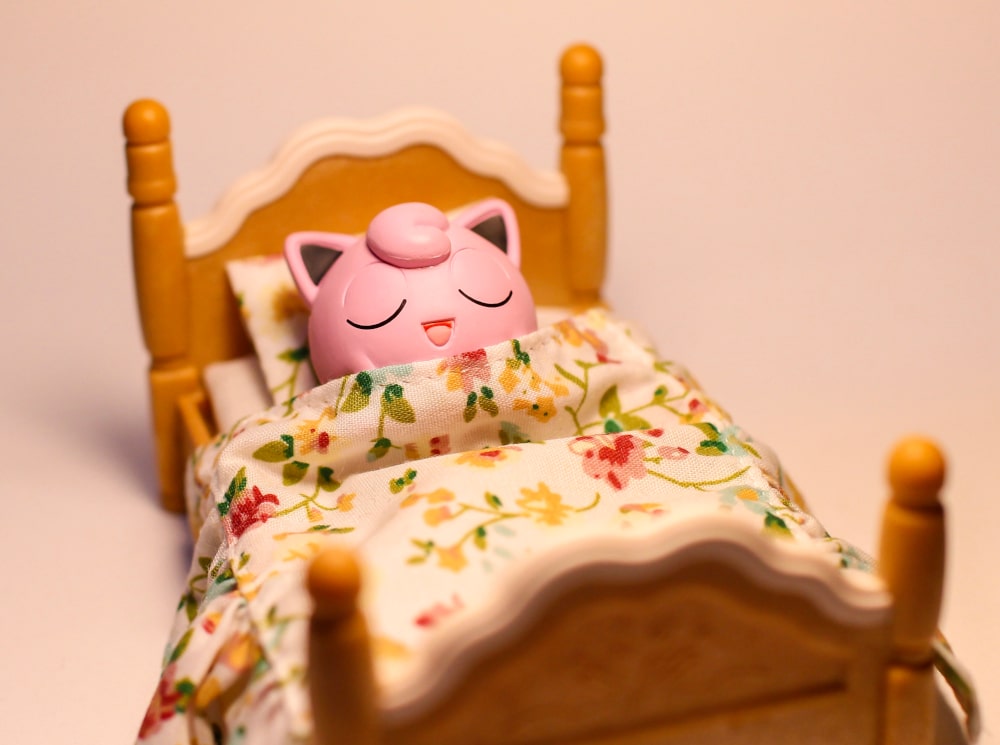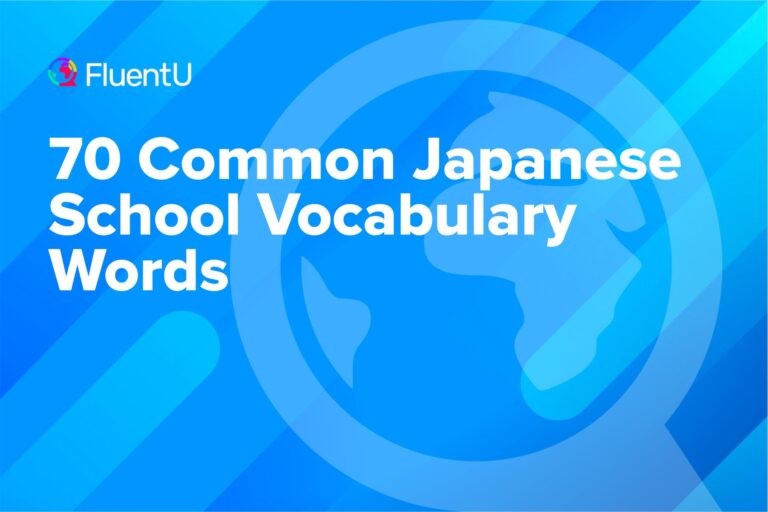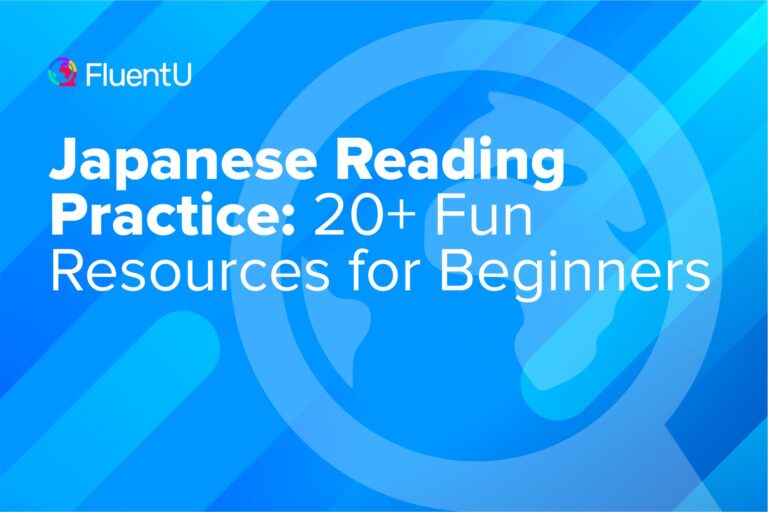“Good Night” in Japanese Plus Related Words and Phrases

お休み (おやすみ) or “Good night” is one of the most basic expressions in Japanese—but it’s not the only phrase that you can use. With Japanese, you often use different expressions depending on who you’re talking to.
In this guide, I’ll explain お休み (おやすみ) and other helpful evening phrases so you’re always prepared. Choose a few that suit you the most, or challenge yourself to get to know them all.
Download: This blog post is available as a convenient and portable PDF that you can take anywhere. Click here to get a copy. (Download)
1. Good night (formal) — お休みなさい
Hiragana: おやすみなさい
The most basic way to say “goodnight” in Japanese is お休みなさい. This is also the most formal way, so you could use this with an acquaintance in your dorm, your host mother or your older colleague on a work trip, for example.
2. Good night (casual) — お休み
Hiragana: おやすみ
This has the same meaning as お休みなさい, but it’s more casual. You can use this with friends, family or anyone you feel close or “equal” to. I use this one the most!
3. Sleep well — ぐっすりお休みなさい
Hiragana: ぐっすりおやすみなさい
This one is a lot less common than the first two. It literally means “sleep well,” but it implies that you have had a hard day or are extra-deserving of a good night’s sleep in some way. Sometimes I say this after a long hike with a friend.
4. I think I’ll go to bed: ねようかな
This is a very casual way of expressing that you are thinking of going to bed. It’s often accompanied by a stretch of the arms and usually indicates that the speaker is calling it a night.
5. I’m going to bed: もう寝ます
Hiragana: もうねます
This is quite a decisive way of saying you are going to bed, and can be used in formal or casual situations. “もう” here is optional, but implies you think it’s a bit early, or simply softens the sentence instead of suddenly declaring your need for bed.
All of the five expressions above are variations of “good night,” and which one to use depends on the situation. To really understand each expression, one resource is FluentU, which teaches you Japanese in context through native Japanese videos.
FluentU takes authentic videos—like music videos, movie trailers, news and inspiring talks—and turns them into personalized language learning lessons.
You can try FluentU for free for 2 weeks. Check out the website or download the iOS app or Android app.
P.S. Click here to take advantage of our current sale! (Expires at the end of this month.)

Other Nighttime Vocabulary
Now that you have some good ways to say “good night,” here are a few more related phrases that might come in handy.
Phrases for Before and After Bedtime
- Good evening: こんばんは
You might say this when bumping into someone in the evening, instead of when going to bed.
- Good morning: おはようございます
- Go to bed: 寝なさい
Hiragana: ねなさい - Can you turn off the light?: 電気を消してもらえますか
Hiragana: でんき を けして もらえますか - I’m going to take a bath: お風呂に入る
Hiragana: おふろにはいる - Did you sleep well?: よく寝れましたか?
Hiragana: よくねれましたか? - Goodbye; Good job today: お疲れ様です
Hiragana: おつかれさまですThis is often said in place of “goodbye” at the end of a work day or when you finish a tiring task.
Expressing Your Energy Levels
- I’m tired: 疲れました
Hiragana: つかれました - I’m sleepy: 眠いです
Hiragana: ねむいです - I overslept: 寝坊しました
Hiragana: ねぼうしました - I’m groggy; I’m sluggish: だるいです
Useful Night-related Vocab
- Sleep: 睡眠
Hiragana: すいみん - Lack of sleep: 睡眠不足
Hiragana: すいみんぶそく - Early bird: 早起き
Hiragana: はやおき - Night owl: 夜型
Hiragana: よるがた - First thing in the morning: 朝一
Hiragana: あさいち - Late at night: 深夜
Hiragana: しんや - Futon: 布団
Hiragana: ふとん - Bed: ベッド
Hiragana: べっど - Pillow: 枕
Hiragana: まくら
Practice these expressions before you go to bed every night, and before you know it, the first thing that will come out of your mouth in the morning is “おはようございます!”
And One More Thing...
If you love learning Japanese with authentic materials, then I should also tell you more about FluentU.
FluentU naturally and gradually eases you into learning Japanese language and culture. You'll learn real Japanese as it's spoken in real life.
FluentU has a broad range of contemporary videos as you'll see below:

FluentU makes these native Japanese videos approachable through interactive transcripts. Tap on any word to look it up instantly.

All definitions have multiple examples, and they're written for Japanese learners like you. Tap to add words you'd like to review to a vocab list.

And FluentU has a learn mode which turns every video into a language learning lesson. You can always swipe left or right to see more examples.

The best part? FluentU keeps track of your vocabulary, and gives you extra practice with difficult words. It'll even remind you when it’s time to review what you’ve learned. You'll have a 100% personalized experience.
Start using the FluentU website on your computer or tablet or, better yet, download the FluentU app from the iTunes or Google Play store. Click here to take advantage of our current sale! (Expires at the end of this month.)







